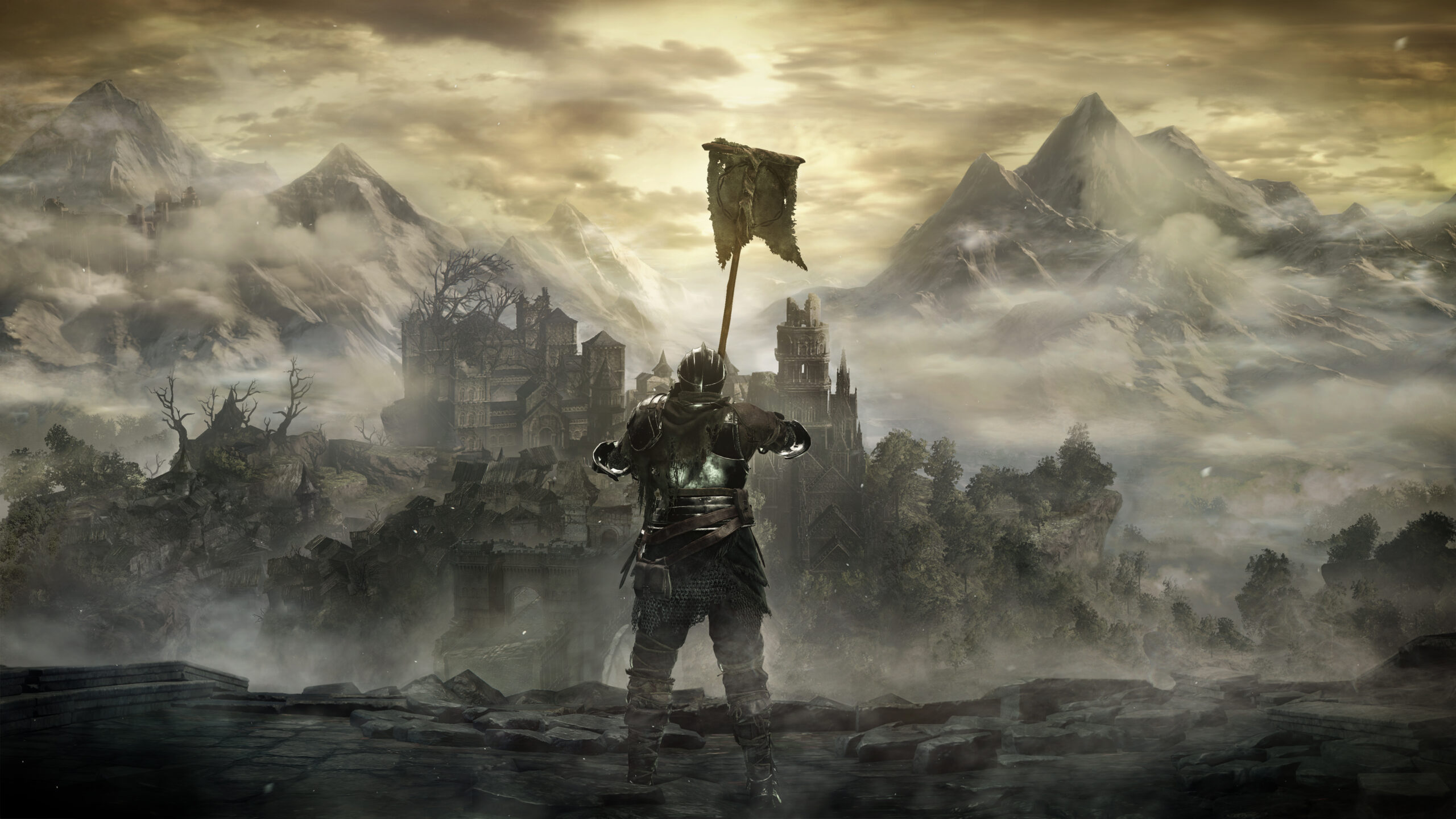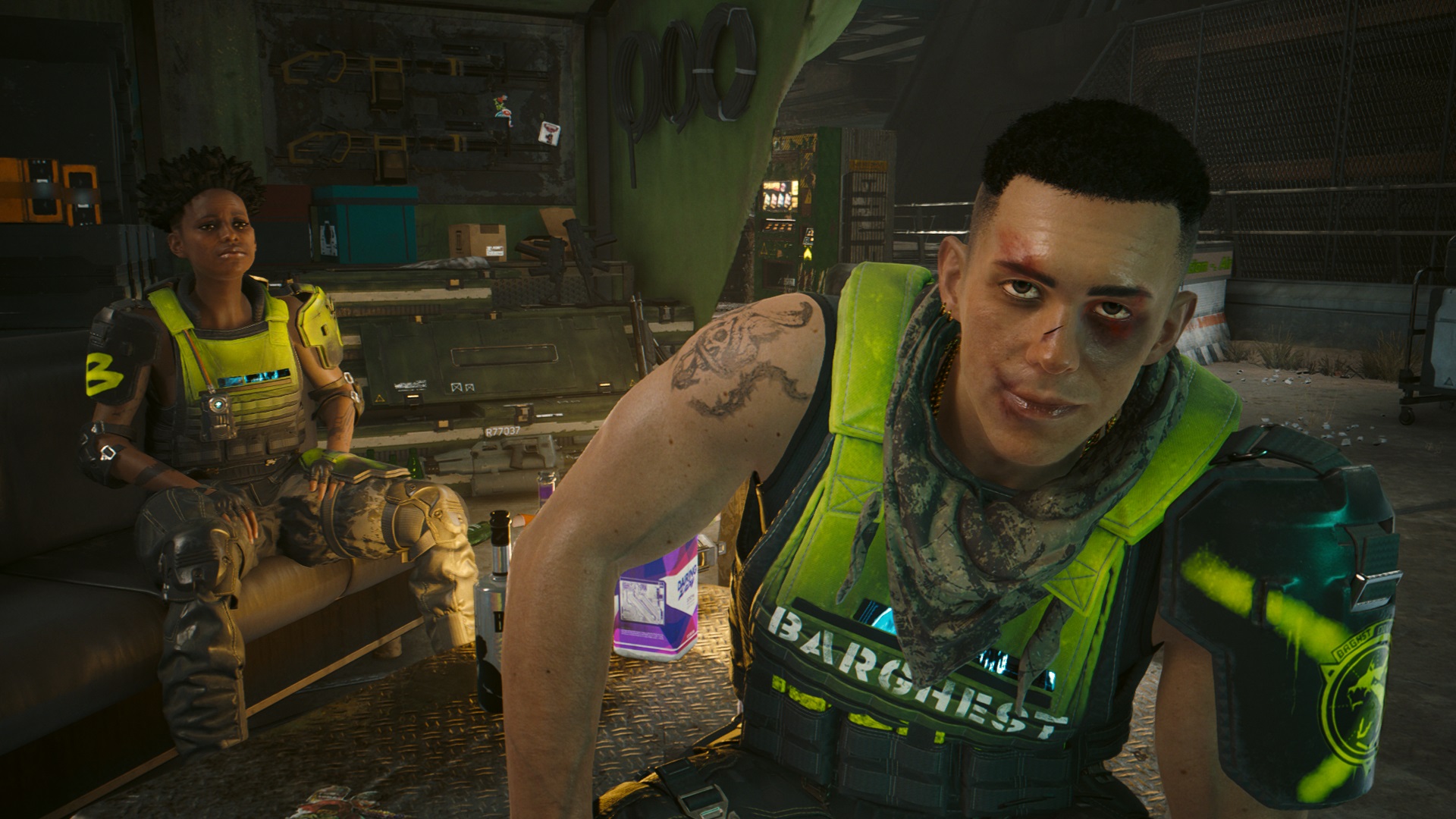- Overloading games with features can degrade the gaming experience.
- Focused games with a singular purpose offer a more enjoyable experience.
- Indie games succeed by maintaining a clear sense of identity, unlike many feature-heavy AAA titles.
Whether it be graphics, loot boxes, or crafting systems, games these days are obsessed with giving you as much to do as possible, with as many features as possible. Though expansive, these features can often degrade a gaming experience.
How It Came To Be
With how big game studios have become over the years, every release aims to do more than its predecessor. Every new game has to have a bigger map and a couple of new features while still retaining the old ones that their fans have come to expect.

These features have been stockpiling over the last few decades, with each studio having a massive arsenal of mechanics they can put into their game. A lot of the time, these mechanics work well with each other, but sometimes they feel disconnected, tedious, and burdenious.
The publishers also take the blame for this flaw with business executes urging developers to put things in games that make them worse, just for them to appear more flashy and marketable.
Less Is More
The following few sections will detail how adding more features can worsen your experience and how more focused games are generally the better experience.
Asking Too Much
Too many features ask too much of the player. If you have a karma system, a hunger system, and a leveling system on top of other features, you divert the player’s attention from one thing to another too much. This either takes away from the enjoyable features or makes gamers ignore many of the systems you put in place.

More focused games have a singular purpose and a singular gimmick, which might or might not be deepened with the playtime, but this allows you to keep your might on the core gameplay loop, and it allows you to sink your teeth into what the game offers.
Diminishing Returns
As someone who has dabbled in game development for school work in the past, even adding a rudimentary feature takes a lot of time and effort, and perfecting it to the point of being satisfying takes even more.
When you have to stack tens of mechanics on top of each other and make them meld together while keeping all of them enjoyable in their own right, you use up a lot of your development time and budget.

This can cause either of two things. Either you make a game with a ton of features, well polished, and all after a long development window. No one pays attention to the features (or the game, for that matter, if the hype train has run past it), or you cut corners everywhere to implement these mechanics, leading to an all-around worse experience.
Lost Individuality
Indie games have been popping up lately because they all have a sense of identity, and they keep that sense of identity throughout the whole time you play them. Every indie darling, like Hollow Knight, Celeste, or even Goat Simulator, knows what they are, and they don’t dilute their message.

If you compare the newer AAA games, a lot of them feel very similar with a different coat of paint. GTA V lets you shoot up people in a realistic and believable modern setting, Red Dead enables you to do that in the Wild West, and Horizon lets you drive robot dinosaurs instead of cars and horses.
When you have many features that the industry has also adopted instead of your fun spin on things, your game can blend into the rest of the landscape. Focused games have a better time setting themselves apart.
Should Games Become More Barebones?
Thank you! Please share your positive feedback. 🔋
How could we improve this post? Please Help us. 😔
[News Reporter]
Abiyan is on track to complete his Computer Science bachelor’s degree. His enthusiasm for writing and gaming motivates him to keep readers and gamers updated with the latest information from the industry. In his free time, Abiyan enjoys playing Dota 2 and Rocket League. Abiyan has also been cited in reputed websites such as Kitguru, Comicbook, GamingBible, Eurogamer and Gamingbolt.




